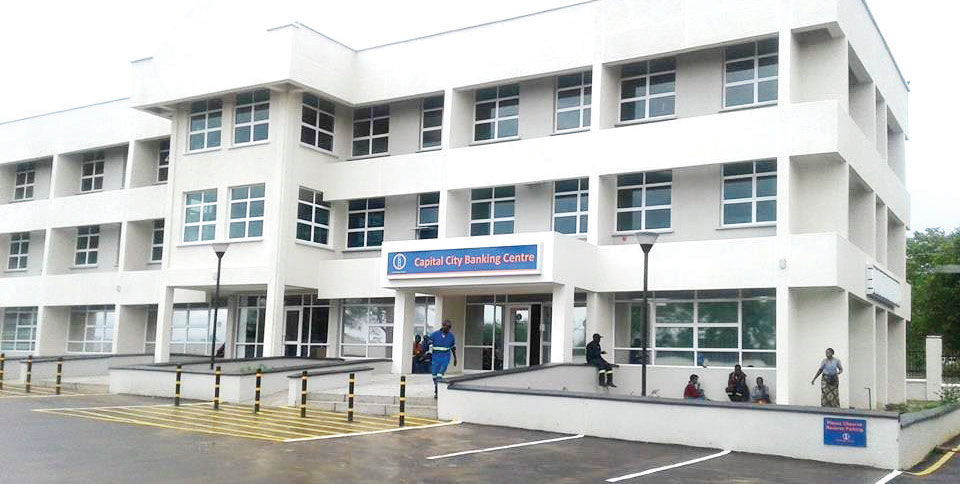Investment Bank outlines monetary policy risks
CDH Investment Bank Limited says rising Covid-19 outbreak, exchange rate, inflationary pressures and domestic borrowing by government poses risks to accommodative monetary policy in the short to medium-term.
The policy, which guides the management of money supply and interest rates to meet macroeconomic objectives, supports economic recovery from the Covid-19 crisis and stimulate further growth.

The 2021 Second Quarter Economic Review released by CDH reads in part: “It is expected that the Reserve Bank of Malawi will continue to pursue an accommodative monetary policy in the short to medium-term as it continues to support economic recovery from negative effects of Covid-19 and stimulate further growth.
“However, risks to this outlook are high, including Covid-19, exchange rate and inflationary pressures, rising global oil prices, liquidity challenges, structural rigidities of the economy and Government of Malawi domestic borrowing.”
The policy rate has been declining since November 2016 and was stable at 13.5 percent for the most part of 2020 before being revised downwards to 12 percent in November 2020.
In April, the Monetary Policy Committee maintained the policy rate at 12 percent, relatively stabilising lending rates in commercial banks until June.
The benchmark used to set other interest rates averaged 12.13 percent from April to June compared to 12 percent in the preceding three month and 13.3 percent in second quarter of 2020.
RBM also revised its projection for annual average headline inflation rate for this year from 7.6 percent to 8.4 percent, reflecting the impact of hikes in fuel prices and electricity tariffs announced in March.
Government is also targeting headline inflation rate of five percent in 2022 and three percent by 2025.
“Major risks to this target, however, include effects from the Covid-19 pandemic, upward pressures on the exchange rate, increasing global oil prices and increasing public sector financing requirements,” CDH reports.
Meanwhile, the local currency keeps losing value against major trading currencies.
The kwacha depreciated by 2.35 percent, trading at an average of K800.42 against the US dollar.
The local unit slumped by 4.54 percent against the British pound, trading at K1 173.53.
It dipped 3.5 against the euro sold at K1 030.45 and 8.8 percent against the South African rand traded K60.67.
Malawi’s public debt has also sky-rocked to K4.76 trillion, representing 54 percent of gross domestic product estimated at K4.76 trillion.
This is almost thrice the 2021/22 national budget valued at K1.9 trillion.
The public debt stock is also half the size of the national economy currently valued at K8.1 trillion.
Treasury spokesperson Williams Banda is on record as having said that the Covid-19 crisis has increased government expenditure and borrowing to finance infrastructure likely to bring returns in future.
He said: “On the other hand, the increased government expenditure in times of crisis, like the one we are going through, is one fiscal policy that has been adopted by many governments to stimulate economic growth so what is government borrowing for and timing should be put in question.”





